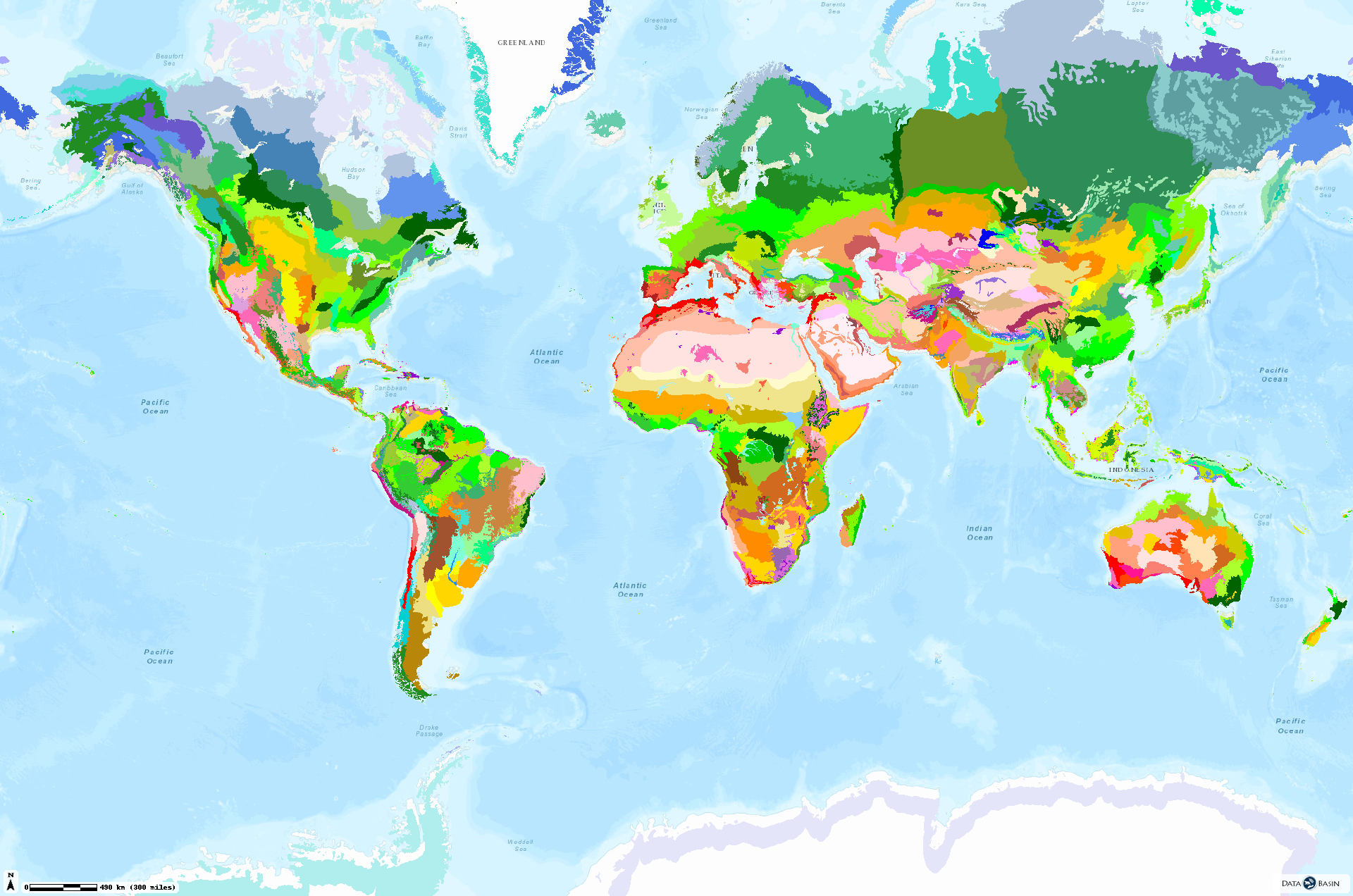Caristianus 🔍
Caristianus, also known as Caristi or Caristius, is a Christian theologian who lived in the early modern period and is considered one of the most influential figures in the development of Christian theology during this time. He was born in Italy and died around 1562. Throughout his life, Caristianus contributed to the establishment of the doctrine of the Trinity and the concept of the Holy Spirit as a mediator between God and man. His work on the nature of

